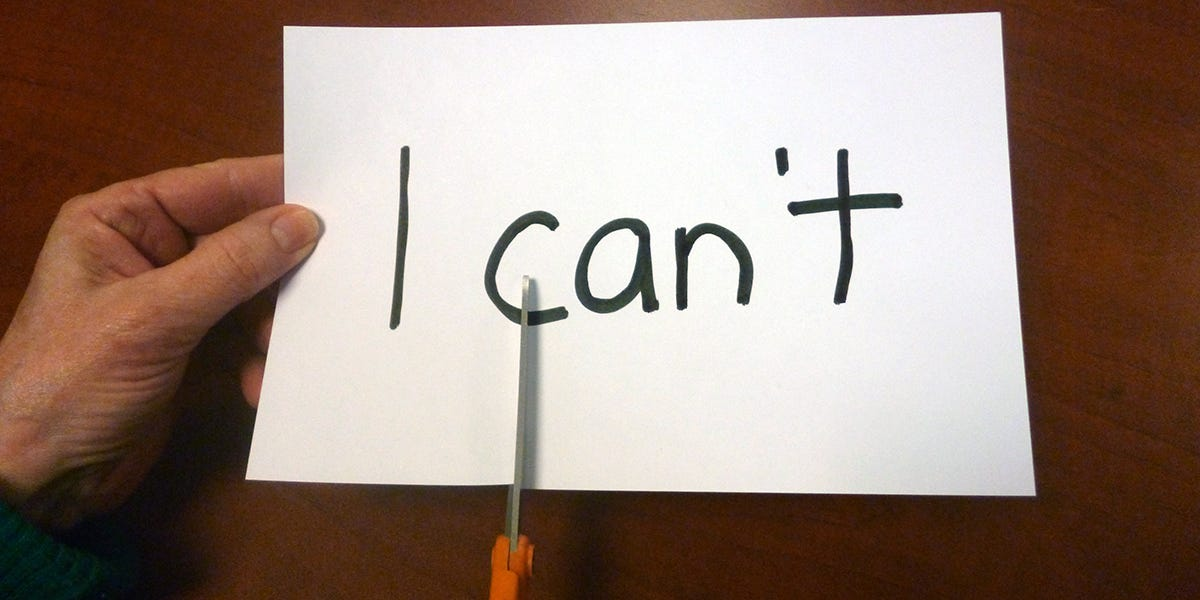In a world overflowing with distractions, mastering the science of focus has become a critical factor in improving productivity. Rather than relying solely on apps or task managers, high performers are turning to neuroscience-backed habits that naturally improve concentration. From working in 90-minute intervals (ultradian rhythms) to eliminating digital clutter and optimizing lighting, these small adjustments are proven to enhance mental clarity and output. Backed by cognitive research and professional experience, these techniques provide a sustainable approach to working smarter, not harder.
What sets focus apart from basic time management is its deep link to brain chemistry. Experts in neuroscience and psychology explain how dopamine, cortisol, and serotonin levels influence attention and motivation. Implementing brain-friendly routines—such as early-day deep work, exercise before meetings, or even short midday walks—can dramatically increase output and creativity. These are not gimmicks but proven methods supported by peer-reviewed studies and endorsed by productivity coaches and mental health professionals.
Articles that cite scientific journals, expert interviews, and firsthand experimentation with these techniques will rank higher and build trust. Readers value advice rooted in evidence and real-world practice. By focusing on what actually improves cognitive performance, content creators can educate and empower audiences seeking more effective, mindful ways to stay productive in a busy digital age.





